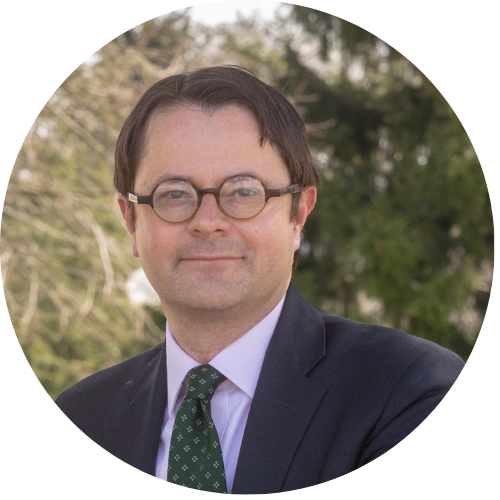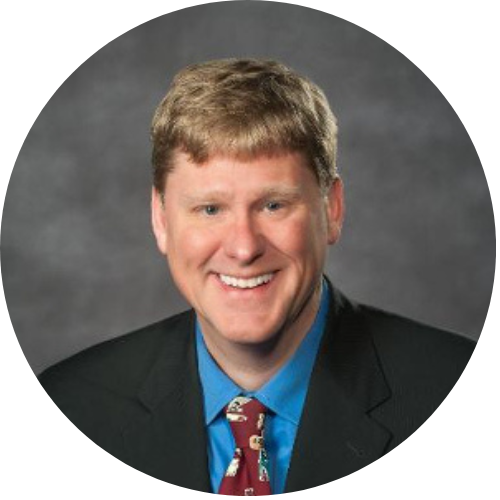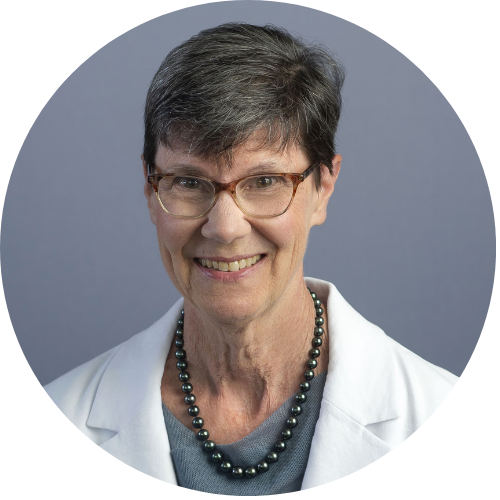Featured Plenary Speakers
Thursday, April 11
|
Director, Department of Health Promotion | 08:30 - 09:30 - Plenary 01 Whole of Society Approaches in Health Promotion - The Way Towards Well-Being SocietiesHealth is created, by and large, outside of the health care sector. It is created in settings in which people live, learn, work, age, play and google. Health can be promoted through decisions in policy sectors such as education, transport, finance, agriculture, trade or housing, just to mention a few. Therefore, the promotion of health requires a “whole of government” approach. At the same time, the promotion of health requires different stakeholder groups to work together: policy makers, researchers, civil society and private sector representatives. Therefore, WHO promotes a “whole of society” approach to health promotion.
The COVID 19 pandemic has shown that we need resilient societies in order to better deal with pandemics in the future. There is an urgency to create sustainable “well-being societies”, committed to achieving equitable health now and for future generations without breaching ecological limits. Well-being societies require investments that integrate planetary, societal, community and individual health and well-being, as well as changes in social structures to support people to take control of their lives and health. Fundamental redirection of societal values and action consistent with the 2030 Agenda for Sustainable Development are needed. |
|
Nicole Redvers, ND, MPH, DPhilc (Bio) | 16:30 - 17:15 - Plenary 02 Traditional Indigenous Medicine: An Exploration of HealingIndigenous Peoples are resilient peoples with deep traditional knowledge and healing traditions that span millennia. Yet, in the spirit of scientific hegemony that has pervaded most branches of Western science and clinical practice, distinctive worldviews have not been adequately honored. In this presentation, Indigenous methodologies and ‘ways of knowing’ will be discussed through the lens of Traditional Indigenous Medicine with a special focus on Land-based healing approaches. |
Friday, April 12
|
Lama Michel Rinpoche (Bio) | 08:30 - 09:30 - Plenary 03 Nurturing Whole-Person Well-Being through Spirituality
Humans have long sought ways to find balance and well-being. Body and mind are deeply connected on many levels, if not two manifestations of the same entity. Everything in our emotions and thoughts impacts our body, and vice versa. Caring for every aspect of ourselves is essential for cultivating physical and mental health.
Spiritual traditions have developed methods for centuries to help us in this quest. Finding meaning in life, cultivating compassion, and establishing a strong bond of trust are just a few of the aspects that spirituality can help us develop. Spirituality is the inner process of developing our human qualities. Religion is the means used for that process. Spirituality: a need; religion: a choice.
|
|
Christina Puchalski, MD, MS, OCDS, FACP, FAAHPM (Bio) Professor of Medicine, | Attending to Spiritual Distress: An Essential Component to Compassionate Whole-Person Care This presentation aims to expound upon the pivotal role of spiritual health as an integral facet of comprehensive and compassionate patient care. It will systematically explore best practices and model frameworks for the seamless incorporation of spiritual care within the framework of modern healthcare systems. |
|
Hubert Lim, PhD (Bio) Endowed Lions Professor | 09:30 - 10:15 - Plenary 04 |
|
Tyler VanderWeele, PhD (Bio) John L. Loeb and Frances Lehman Loeb Professor of Epidemiology | 16:45 - 17:45 - Plenary 05 |
Saturday, April 13
|
Moderated by:
| 11:00 - 12:00 - Plenary 06 Using the National Academies of Science, Engineering and Medicine Report on Whole Health Care to Inform Research and PolicyA report from the National Academies of Science, Engineering and Medicine, "Achieving Whole Health: A New Approach for Veterans and the Nation," presents a new way to think about health and a roadmap on how to transform our approach to delivering health care. Dr. Krist will dive in and share how the committee defined whole health as physical, behavioral, spiritual and socio-economic well-being as defined by individuals, families and communities. To achieve this, whole health care is an interprofessional, team-based approach anchored in trusted purpose. Having whole health is fundamentally different from being healthy in a biomedical model. Changing how we deliver care to a whole health approach will take seismic cultural, structural and process changes as well as multisector collaboration and investment. Findings from this report and the recommendations for clinicians, communities and policymakers will be shared.
|

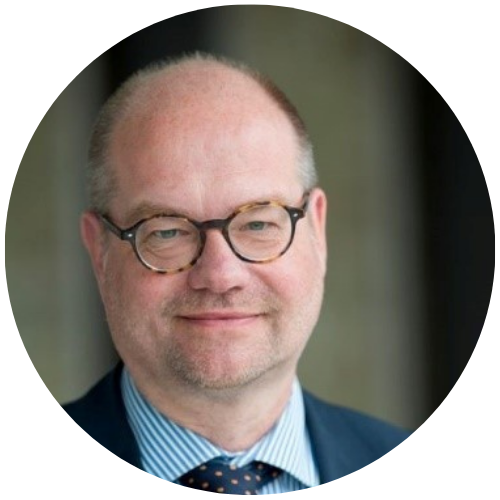
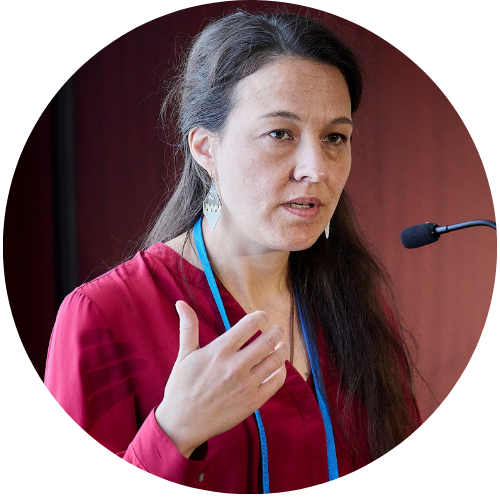
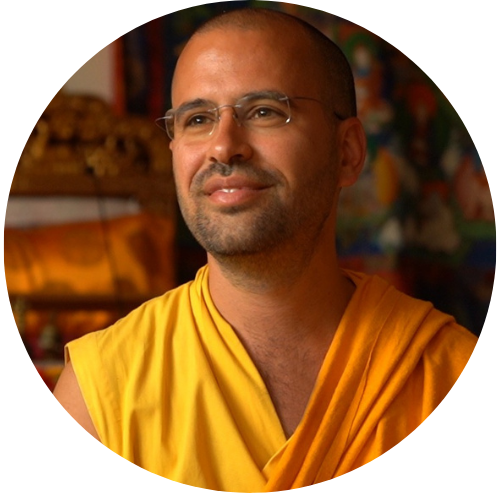
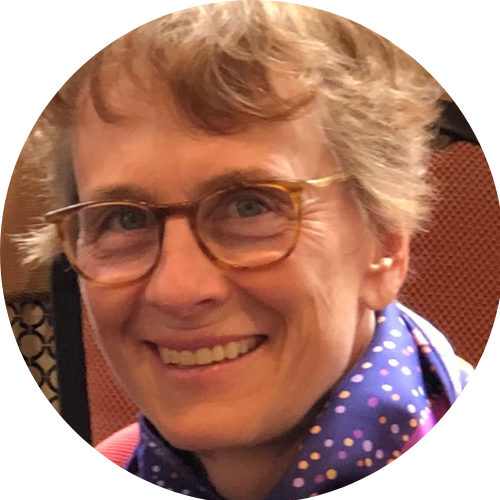
.png)
